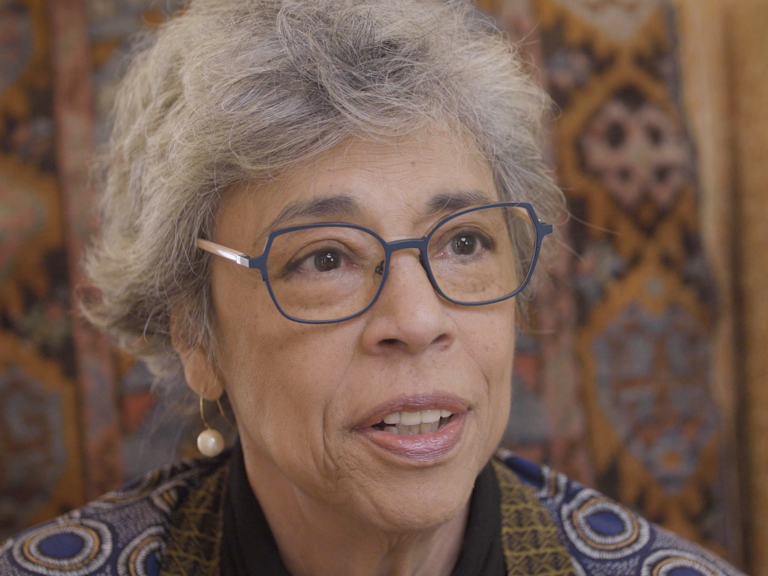American Tobacco Sued for Job Discrimination
Press Release
January 4, 1968

This item is featured in:
Cite this item
-
Press Releases, Volume 5. American Tobacco Sued for Job Discrimination, 1968. c5e00264-b892-ee11-be37-00224827e97b. LDF Archives, Thurgood Marshall Institute. https://ldfrecollection.org/archives/archives-search/archives-item/0428e821-5636-40c7-8d74-e6b4bdd6d74a/american-tobacco-sued-for-job-discrimination. Accessed February 02, 2026.
Copied!
+S President
Hon. Francis E. Rivers
PRESS RELEASE Director-Counsel
egal efense und Jack Greenberg
Director, Public Relations
NAACP LEGAL DEFENSE AND EDUCATIONAL FUND, INC. Jesse DeVore, Jr.
10 Columbus Circle, New York, N.Y. 10019 * JUdson 6-8397 NIGHT NUMBER 212-749-8487
FOR RELEASE
THURSDAY
JANUARY 4, 1968
AMERICAN TOBACCO SUED
FOR JOB DISCRIMINATION
Firm Produces Lucky Strike, Pall Mall and Tareyton
GREENSBORO, N.C.---A complaint, charging employment discrimination, was
filed in U.S. District Court here today against the American Tobacco
Company, makers of Lucky Strike, Pall Mall and Tareyton cigarettes and
Corona cigars.
Attorneys of the NAACP Legal Defense and Educational Fund, Inc. (LDF)
asked for a preliminary and permanent injunction in behalf of six
Negro employees.
The LDF charged the Company and Local 192, Tobacco Workers’ Interna-
tional Union, AFL-CIO, with "maintaining a policy, practice, custom
or usage of discriminating" against Negro workers.
Specific charges include:
* Negro workers have been "denied equal opportunities for promo-
tions, transfers and on-the-job training and have thus been
restricted to the lower-paying and less desirable jobs tra-
ditionally reserved for Negro employees of the Company."
* "White employees of the Company doing the same type of work as
Negro employees are sometimes paid higher wages than said
Negro employees."
* "Some jobs held by Negroes are not classified as skilled or
semi-skilled whereas similar jobs held by white employees are
so classified."
One Negro worker "was demoted to a lower-paying job because he
filed a charge of racial discrimination against the defendants
with the Equal Employment Opportunity Commission."
* "The custom and usage of segregated toilet and locker room
facilities is maintained notwithstanding the withdrawal of
their racial designations."
The workers based their charges on grounds that the practices being
attacked are unlawful under Title VII of the Civil Rights Act of 1964.
Local 192, LDF attorneys assert, "has failed in its duty to fairly rep-
resent plaintiffs" and other Negroes and has "joined in the maintenance
of a policy, practice, custom or usage of limiting these persons to
lower-paying and less desirable jobs."
LDF attorneys include Julius LeVonne Chambers of Charlotte, North
Carolina and Jack Greenberg, director-counsel, Robert Belton and
Gabrielle A. Kirk of New York City.
S80"
Please bear in mind that the NAACP Legal Defense and Educational
Fund, Inc. (LDF) is a separate and distinct organization from the
National Association for the Advancement of Colored People serving as
the legal arm of the entire civil rights movement and representing
members of all groups as well as unaffiliated individuals.
